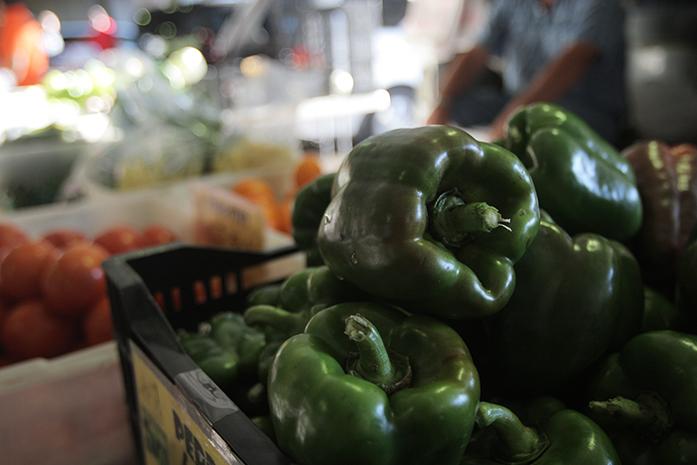It is no secret that large swaths of the population go to sleep hungry and wake up even hungrier. Ending world hunger is often used as an example of a lofty goal with no foreseeable solution, and it is a mentality that almost diminishes its effect on the world. It is regarded in the same manner as the color of the sky and the wetness of water, because who doesn’t know that there is starving kids in Africa? Or in the United States and every other part of the globe? Food shortages and famine are global issues, but a root cause especially prevalent in developed countries seems to have escaped notice until now.
When it comes to food shortages, lack of production is not the only factor to consider. The amount of food produced does not always paint the clearest portrait for the overall distribution of food or the corresponding amount of shortage in a population. Setting aside the obvious issue of food-distribution disparities in the informal class hierarchies that arise as a result of larger financial disparities often intertwined with histories of systematic discrimination and oppression of marginalized groups, there is a contributing factor to food shortages that would be easier to achieve in lieu of a societal overhaul.
Food waste is an issue that has received nowhere near the amount of recognition as a solvable problem that it warrants, given its prevalence. Studies have shown that within the United States “per capita food waste has progressively increased by approximately 50 percent since 1974” and the amount of food wasted could equate to 40 percent of all the food this country produces. One wouldn’t pour water into a cup full of holes and ask why it can’t be filled, so why adopt the same mentality toward feeding the general population. The task of figuring how to produce more food is a complicated and expensive one that demands at the very least land and resources, but figuring out better ways to conserve the food we already have could be much simpler.
The answer that comes immediately when thinking about food shortage is to simply produce more food, but something as simple as changes to food labels may garner similar results. Bipartisan support has been demonstrated in Congress to make changes to the way food is labeled, because it directly contributes to household food shortages. What people do not know is that the “best by,” “sell by,” and similar labels on food do not always indicate when food actually loses nutritional value or becomes unsafe to consume. It is this type of broad misconception that leads people to throw away edible food, which compounds into the larger systemic issue of food shortage.
It would not be difficult to regulate food labeling to better reflect the true time the customer has to eat it and prevent unnecessary waste. However, we cannot forget that we live in a capitalist society in which the principle of supply and demand benefits from a misguided public. It would be in the best interest of food producers to keep labeling unregulated because food becomes more valuable in shortage, even if it is an artificial one. That said, in many ways, the labeling of food can be seen as a conflict of interest between the people who make the food and the people who eat it, but even profit should not be the motivation to perpetuate needless starvation and waste.









